Never before seen personal accounts of Great War offer vivid picture of life at the Front
The footage has been unearthed from the BBC archives, says Gerard Gilbert
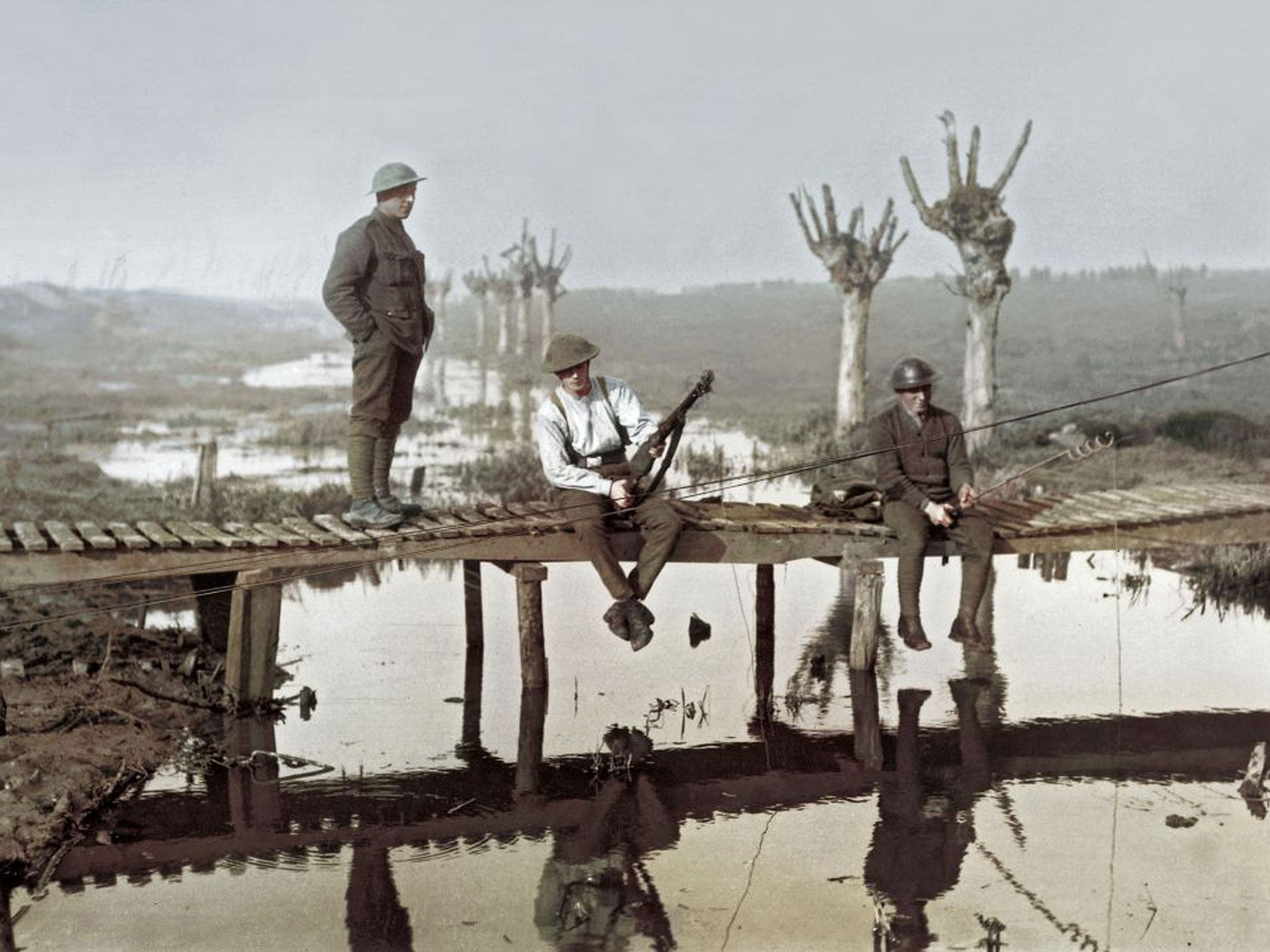
Your support helps us to tell the story
From reproductive rights to climate change to Big Tech, The Independent is on the ground when the story is developing. Whether it's investigating the financials of Elon Musk's pro-Trump PAC or producing our latest documentary, 'The A Word', which shines a light on the American women fighting for reproductive rights, we know how important it is to parse out the facts from the messaging.
At such a critical moment in US history, we need reporters on the ground. Your donation allows us to keep sending journalists to speak to both sides of the story.
The Independent is trusted by Americans across the entire political spectrum. And unlike many other quality news outlets, we choose not to lock Americans out of our reporting and analysis with paywalls. We believe quality journalism should be available to everyone, paid for by those who can afford it.
Your support makes all the difference.We've had bickering historians, a pontificating Paxman and a drama about the failure of diplomacy that led to more than 16 million deaths, but one glaring omission from the BBC's ongoing programming to mark the outbreak of the First World War has been the testimony of the participants themselves. This is unsurprising given that the conflict ended so long ago; even the youngest soldier – say, one who had lied about his age and joined up at 16 years old in 1918 – would now be 111, older than the current oldest living man in Britain.
This is where a brilliant documentary showing on BBC2 tomorrow comes into its own. I Was There: The Great War Interviews has been culled from over 80 hours of (hitherto unseen) filmed recollections of veterans, conducted for the 26-part 1964 BBC series The Great War. The participants, ranging from a Manchester factory worker to a German guard remembering in vivid detail his bayonetting of a French soldier, were still relatively youthful – mostly in their sixties – when they were quizzed by young BBC researcher Julia Cave. "I had tried to find people who could talk well and had particular things to say," says Cave now. "We advertised and they sent in letters, diaries and all kinds of things."
And what extraordinarily vivid interviewees she chose, with stories that bring the events of 1914-18 to life with a poetry and eye for detail that would be beyond most dramatists. The Manchester factory worker, Katie Morter, describes – in an accent straight out of early black-and-white episodes of Coronation Street – visiting the cinema with her husband Percy when the music hall entertainer Vesta Tilley was leading a recruitment drive. "I wouldn't have gone if I'd known," says Morter, ruefully.
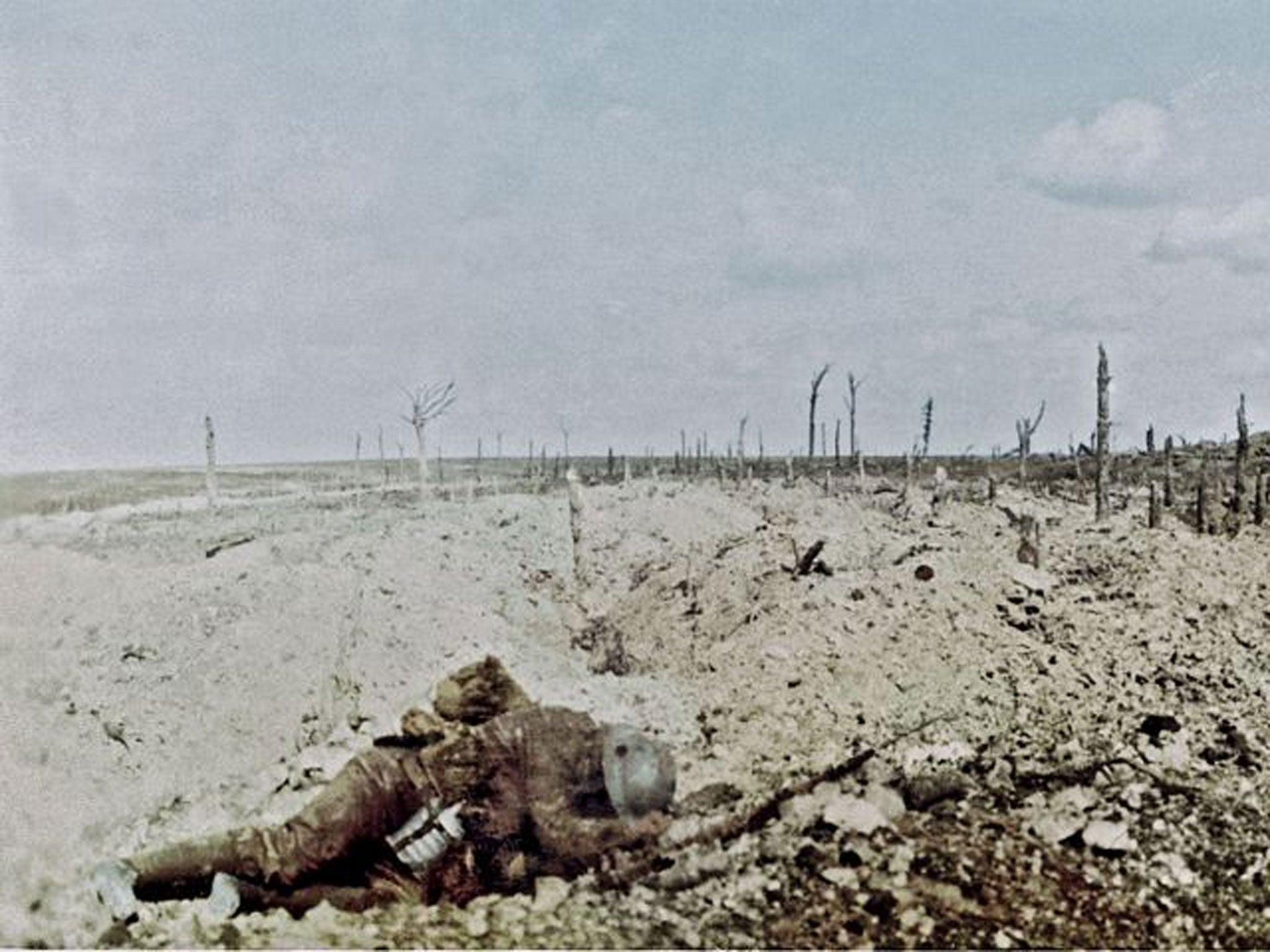
Another interviewee, Sebastian Lang, recalls being 17 (too young for conscription) and being accosted by two women on a London street. They pushed a feather up his nose – calling him a coward, in other words – and by the end of the day a bemused Lang found himself as Private S C Lang. This is before the documentary even gets to France, the arrival at the Western Front described by an erstwhile Canadian infantryman here as "more depressing than frightening".
Charles Carrington is perhaps the nearest in troubled spirit to a war poet. Having had his regiment virtually wiped out during an attack, he was ordered, as a 20-year-old captain, to rebuild his regiment's strength. "By the end of the month, we were ready to do it again," he says. "That still, to me, is extremely difficult to explain." But even Carrington could see the lighter side of the Western Front. When not in action, he says, it was like an "out-of-doors camping holiday with the boys, with slight spice of danger to it".
Archibald Cochrane's introduction to death was when a man standing next to him in a trench had his head blown off by a shell. This was news to Cochrane's daughter and grandchildren, who attended a special screening of the film in London this week.
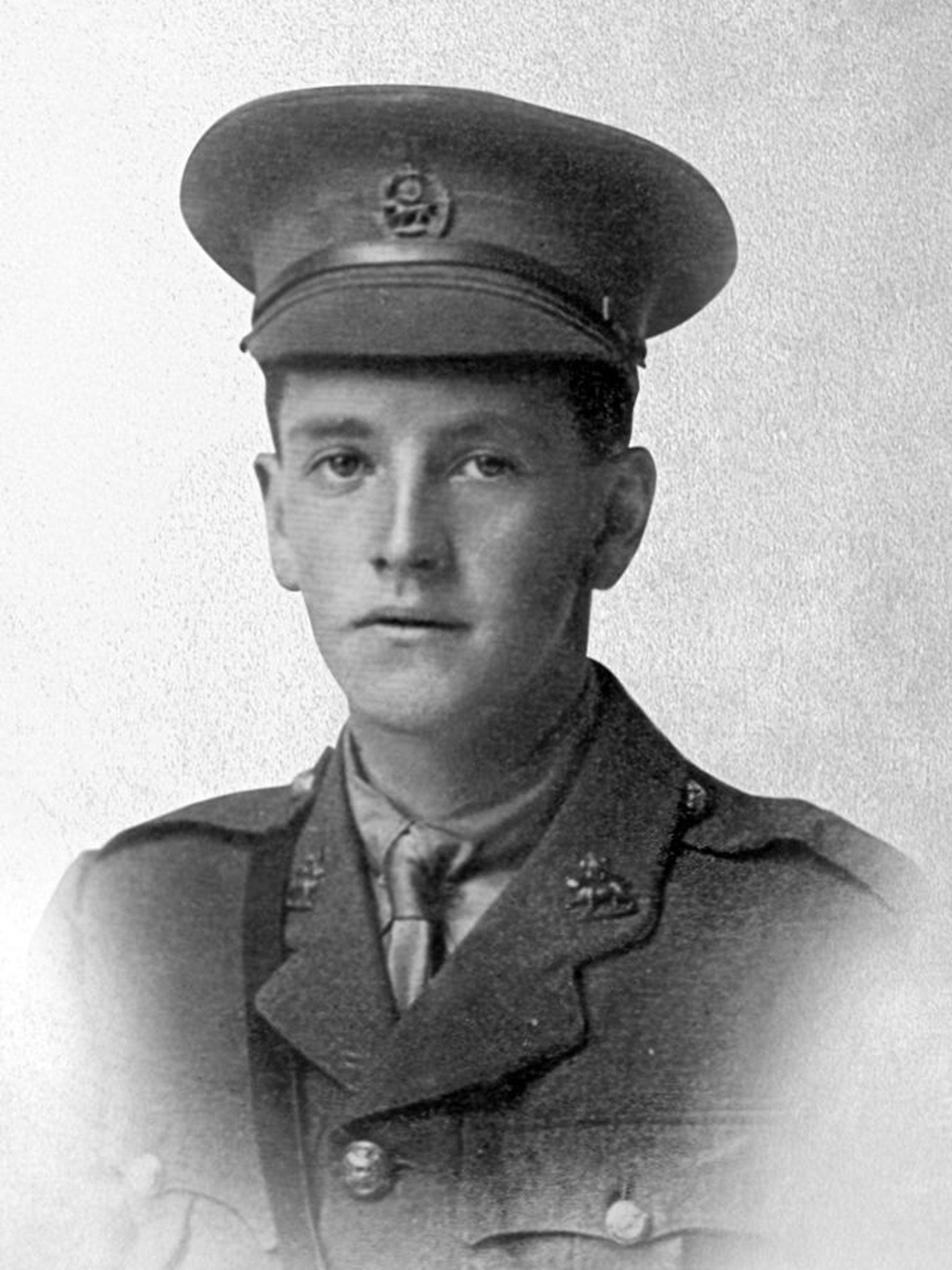
"He never talked about it," says Jean Green, who brought with her the letter her father had written to the BBC in 1964. "We only found this letter when going through his effects. We didn't even know he'd done the interview."
Richard Williamson, the son of another of the interviewees, Henry Williamson, says: "We'd asked him, but father never talked about the war to us children. It was very moving to see him there talking that way... so moving it's almost difficult to watch without tears."
So how did Cave manage to open up a generation schooled in reticence? "I think perhaps they'd reached the stage when they could talk about it," she says. "Another thing, curiously, was that I was a young girl – it was so surprising that someone like me was doing a job like that that they were quite taken aback by it.
"I didn't know very much about the war when I started, but as I went on, I really got to know whether they were telling a true story, or whether it was a story they'd told over and over and over again... because then it came off pat and that wasn't really going to work."
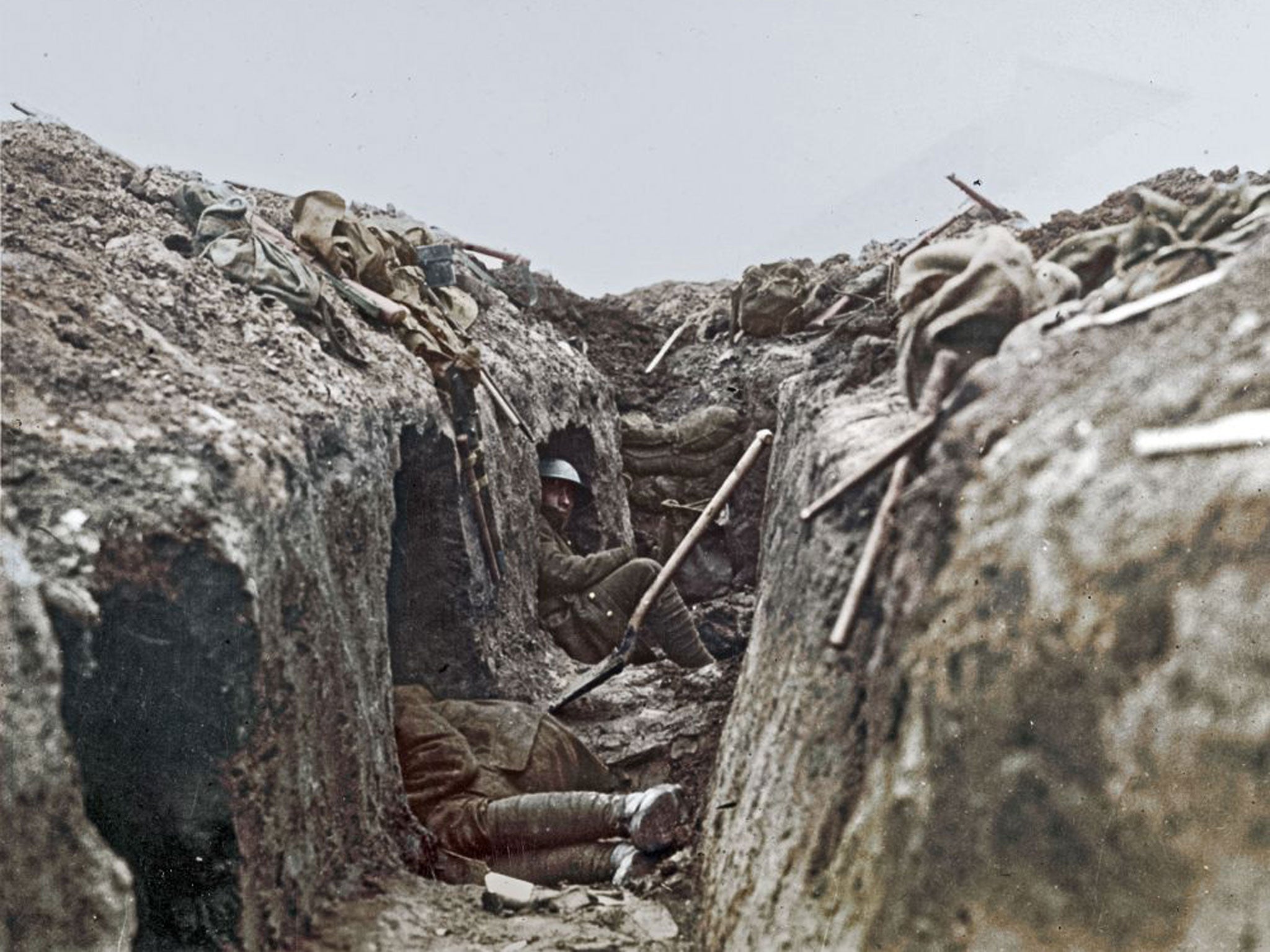
That these were stories being told for the first time – whether it is one man's refusal to join a firing squad ("I understood what would make them desert") or John Palmer's admission that, as a signaller in the Royal Artillery, he was tempted to lie under a cartwheel and receive a self-inflicted wound – gives them a freshness as well as an unexpected poetry.
Palmer describes being "too damned tired" to lie down under shell fire, and being wounded. "I found myself sinking down in the mud and this time I didn't hate the mud – it felt like a protective blanket." Another veteran describes walking back across No Man's Land and seeing dead comrades lying thick on the ground "like a flock of sheep asleep"; while an ex-fighter pilot recalls seeing "aeroplanes falling from the sky like an injured bird".
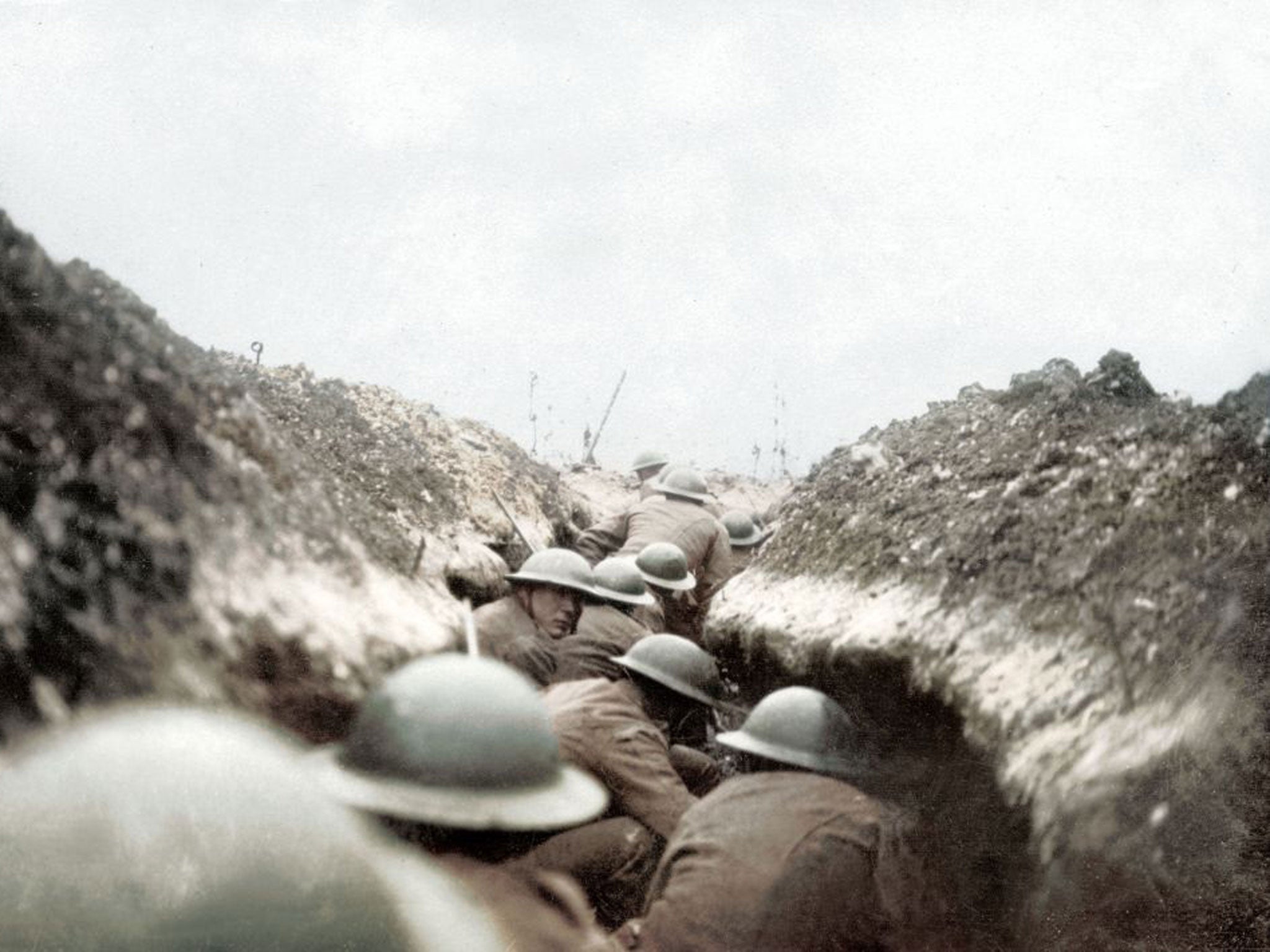
Veterans of all nationalities were interviewed for the series, and some of the most poignant testimony comes from a German ex-soldier, who describes his shame at killing a Frenchman. "They are all remarkably un-jingoistic," says Martin Davidson, the head of the BBC's history programming. "That generation could be forgiven more than most [for being jingoistic], but there's none of it."
'I Was There: The Great War Interviews' is on BBC2 at 9pm tomorrow
Join our commenting forum
Join thought-provoking conversations, follow other Independent readers and see their replies
Comments